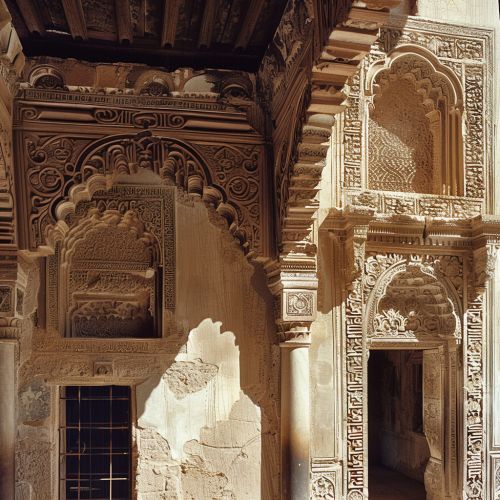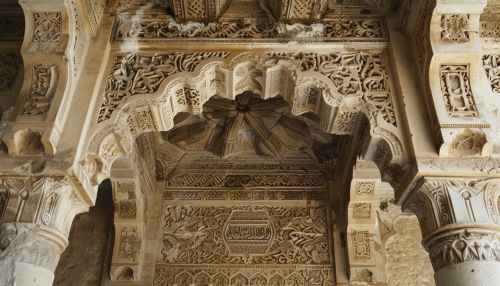Muslim Conquest of Iberia
Background
The Muslim Conquest of Iberia, also known as the Islamic conquest of the Iberian Peninsula, was a significant historical event that took place during the early 8th century. The conquest marked the expansion of the Umayyad Caliphate, one of the four major Islamic caliphates established after the death of Muhammad, into the Iberian Peninsula, which was predominantly Christian at the time.


Prelude to the Conquest
Prior to the Muslim conquest, the Iberian Peninsula was under the rule of the Visigothic Kingdom, a Germanic people who had taken control from the Romans in the 5th century. The Visigothic Kingdom was characterized by political instability, with frequent power struggles and civil wars. This instability, coupled with religious tensions between the Arian Visigoths and their Catholic subjects, weakened the kingdom, making it vulnerable to external invasions.
The Conquest
The Muslim conquest of Iberia began in 711 AD, when an army led by the Berber general Tariq ibn Ziyad, under the command of the Umayyad Caliph Al-Walid I, crossed the Strait of Gibraltar. The Muslim forces defeated the Visigothic King Roderic at the Battle of Guadalete, marking the beginning of the Muslim rule in Iberia.
The conquest was not a single, swift campaign but rather a series of battles and sieges over a period of several years. The Muslim forces, composed mainly of Arabs and Berbers, gradually expanded their control over the peninsula, taking key cities such as Cordoba, Seville, and Toledo. By 718, the majority of the Iberian Peninsula was under Muslim control, with the exception of the northern regions, which remained under Christian rule and would later become the starting point for the Reconquista.
Aftermath and Impact
The Muslim conquest of Iberia had profound and lasting impacts on the region. The introduction of Islam led to significant cultural, social, and economic changes. The conquerors implemented Islamic law and introduced Arabic as the official language. They also brought advancements in various fields such as science, medicine, philosophy, and architecture, which greatly influenced the development of the region.
The Muslim rule in Iberia, known as Al-Andalus, lasted for several centuries, during which time it became a center of learning and culture in the medieval world. However, it also marked the beginning of the Reconquista, a series of wars fought by Christian kingdoms to reclaim the Iberian Peninsula, which lasted until 1492.
